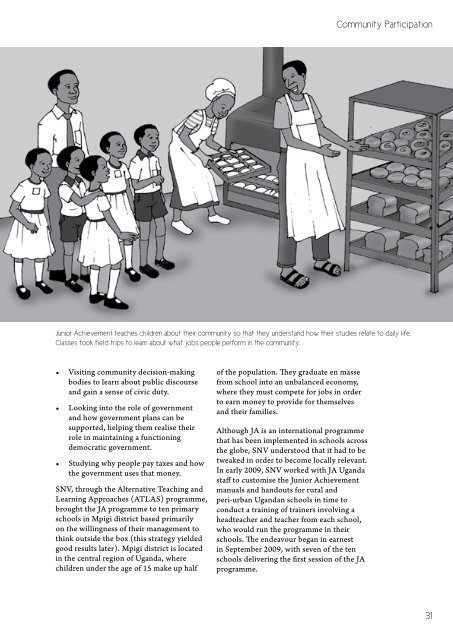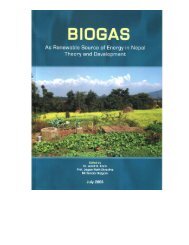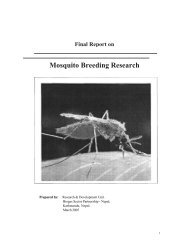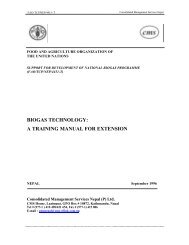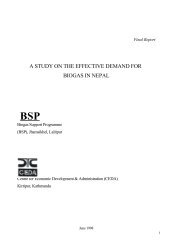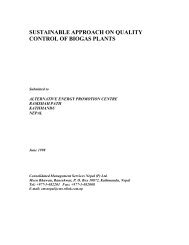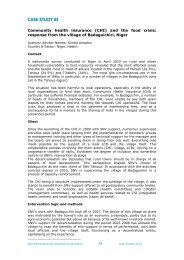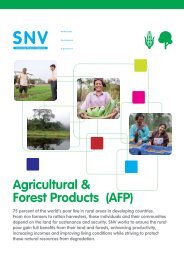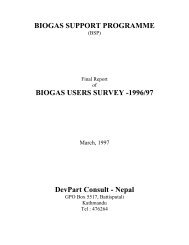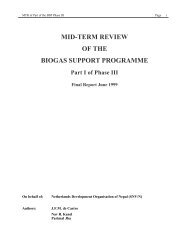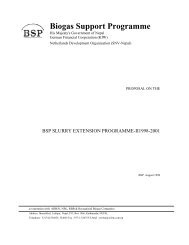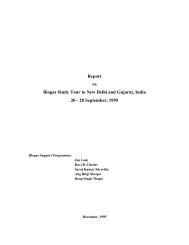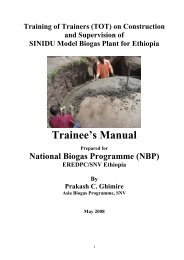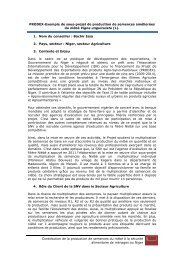School Priorities - SNV
School Priorities - SNV
School Priorities - SNV
Create successful ePaper yourself
Turn your PDF publications into a flip-book with our unique Google optimized e-Paper software.
Community Participation<br />
Junior Achievement teaches children about their community so that they understand how their studies relate to daily life.<br />
Classes took field trips to learn about what jobs people perform in the community.<br />
• Visiting community decision-making<br />
bodies to learn about public discourse<br />
and gain a sense of civic duty.<br />
• Looking into the role of government<br />
and how government plans can be<br />
supported, helping them realise their<br />
role in maintaining a functioning<br />
democratic government.<br />
• Studying why people pay taxes and how<br />
the government uses that money.<br />
<strong>SNV</strong>, through the Alternative Teaching and<br />
Learning Approaches (ATLAS) programme,<br />
brought the JA programme to ten primary<br />
schools in Mpigi district based primarily<br />
on the willingness of their management to<br />
think outside the box (this strategy yielded<br />
good results later). Mpigi district is located<br />
in the central region of Uganda, where<br />
children under the age of 15 make up half<br />
of the population. They graduate en masse<br />
from school into an unbalanced economy,<br />
where they must compete for jobs in order<br />
to earn money to provide for themselves<br />
and their families.<br />
Although JA is an international programme<br />
that has been implemented in schools across<br />
the globe, <strong>SNV</strong> understood that it had to be<br />
tweaked in order to become locally relevant.<br />
In early 2009, <strong>SNV</strong> worked with JA Uganda<br />
staff to customise the Junior Achievement<br />
manuals and handouts for rural and<br />
peri-urban Ugandan schools in time to<br />
conduct a training of trainers involving a<br />
headteacher and teacher from each school,<br />
who would run the programme in their<br />
schools. The endeavour began in earnest<br />
in September 2009, with seven of the ten<br />
schools delivering the first session of the JA<br />
programme.<br />
31


